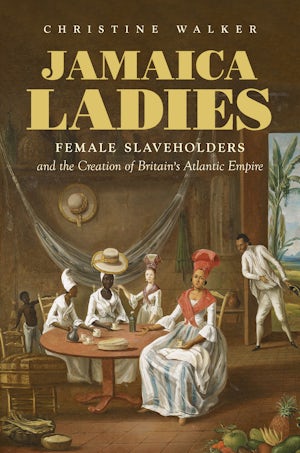Jed Handelsman Shugerman, Fordham Law School, has posted Removal of Context: Blackstone, Limited Monarchy, and the Limits of Unitary Originalism, which is forthcoming in the Yale Journal of Law and the Humanities:
--Dan ErnstThis article is part of a series on Article II, questioning the unitary theory’s three pillars: the Executive Vesting Clause, the Take Care Clause (or the “Faithful Execution” clauses), and the Decision of 1789 (or more accurately, the Indecisions of 1789). “Removal of Context” focuses on the “executive power” part of the Vesting Clause: Did “executive power” imply supervision and removal in the eighteenth century? What do the unitary theorists cite to support their claim that “executive power” includes removal, and “indefeasibly” so?
William Blackstone (NYPL)
Unitary executive theorists’ reliance on the English Crown in the seventeenth and eighteenth centuries, but they overlook or obscure the problems of relying on England’s limited monarchy, the era’s rise of Parliamentary supremacy over the Crown and its power to eliminate or regulate (i.e., make defeasible) royal prerogatives. There appears to be no evidence that executive removal was ever conceived as a “royal prerogative” at all, and the historical record indicates that the king did not have a general removal power at pleasure. The structure of the historical comparison has a major flaw: They concede that the Constitution explicitly limits many core royal powers, such war, peace (treaties), and the veto, so that the president is weaker than the king, but somehow Article II implies unnamed “executive powers” (like removal) that make a president stronger than a king? Moreover, there were eighteenth-century royal prerogatives related to law execution (prorogue and dissolution), but no one claims Article II “executive power” implies them.
When one investigates the unitary evidence more closely and follows their sources, one
finds a pattern of misinterpreting historical sources, especially Blackstone in amicus briefs and law review articles in the unitary executive scholarship. In particular, the recent brief by unitary scholars in Seila Law misinterprets Blackstone’s use of the word “disposing” of offices as removing, instead of dispensing or appointing (which are indicated by context and general usage) and then misquotes a passage from Blackstone, reversing his meaning from his uncertainty about the relevant law of offices to a certain positive claim about removal. These misreadings are more than just small or narrow errors. They obscure more significant points: Blackstone was fundamentally in favor of parliamentary supremacy, against “indefeasible” executive powers; and Blackstone never mentions removal as a royal prerogative or a general executive power, which is powerful counter-evidence to the unitary theorists’ assumptions. These errors are also a cautionary moment about originalist methods and the notion that originalism is more reliable or objective than other methods of interpretation.

















